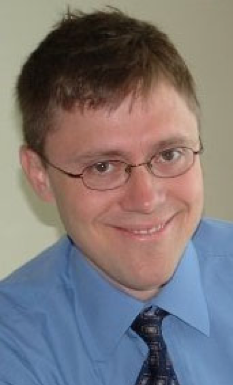 |
Tom Bollenbach
|
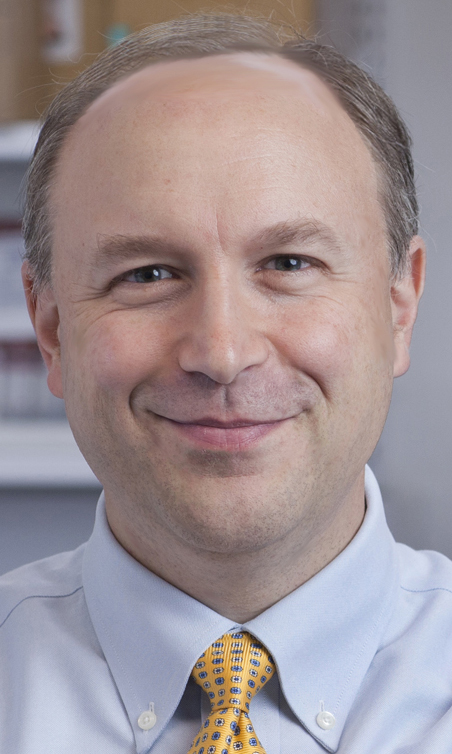 |
Lawrence J. Bonassar
|
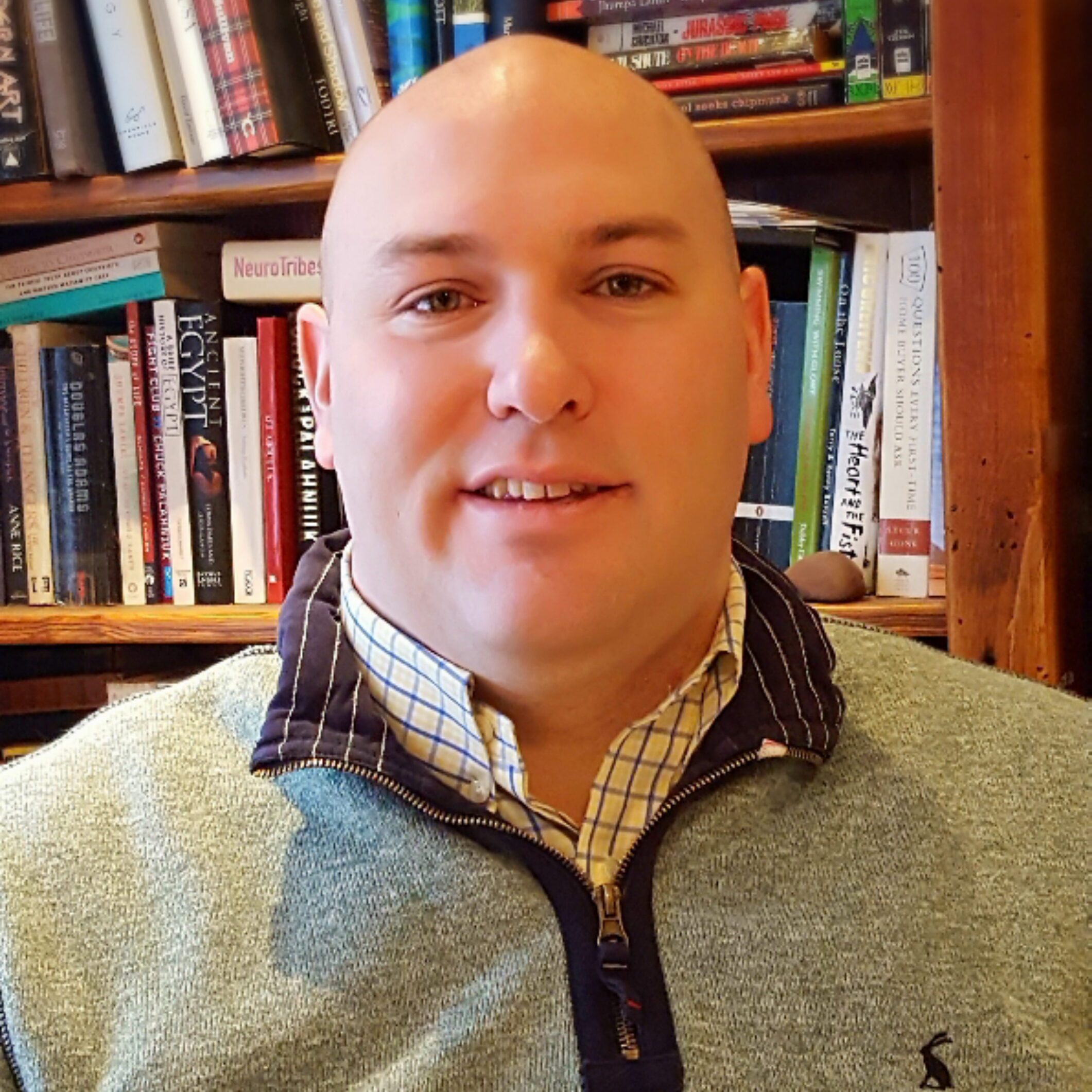 |
Mark Brower
|
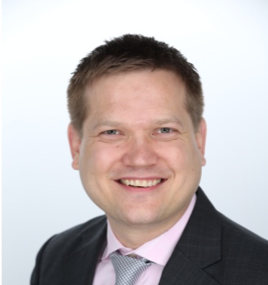 |
Greg Christopherson Title: Decellularized Dermal Tissue as a Biomaterial: An Early Success of Regenerative Medicine BIOGRAPHY: Greg Christopherson was born in Detroit, MI and raised in the suburbs. He studied Biomedical Engineering at Michigan Technological University, started his master’s degree in Materials Science, and then decided to get engaged, follow his fiancée to the East Coast and pursue a PhD at Johns Hopkins University – but still in Materials Science. He was awarded a DOD fellowship, an ARCS fellowship, and multiple internal scholarships during his time at Johns Hopkins, and bypassed a NRC Fellowship to join the National Institutes of Health as a postdoctoral fellow. While at the NIH he worked closely with military surgeons from Walter Reed National Military Medical Center, investigating traumatic heterotopic ossification in soldiers wounded in the Iraq and Afghanistan conflicts. Those lessons in wound healing brought him to LifeCell R&D, where he is currently creating the next wave of regenerative products to help improve patients’ lives. When not in the lab, he alternates between relaxing with his wife and chasing his two young daughters around their home in New Jersey. |
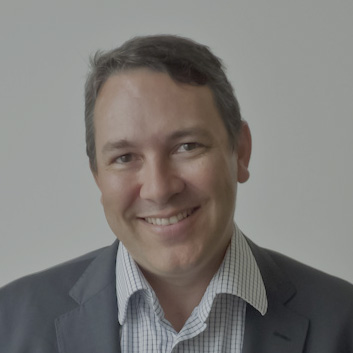 |
Paul Dalton Title: Electrowriting: Bridging the Divide Between 3D Printing and Electrospinning BIOGRAPHY: Paul Dalton is currently a Professor in Biofabrication with over 20 years’ of interdisciplinary experience in biomedical materials, including polymer processing, surgery, nanotechnology and hydrogels. Originally from Perth, Australia, and trained as a materials scientist, he was part of a successful team in the 1990s taking an artificial cornea from concept to the clinic. Paul post-docced at the University of Toronto, Canada, on neural tissue engineering topics and then RWTH Aachen, Germany, applying nanotechnology to life science applications. As a researcher at the University of Southampton, he performed experimental spinal cord surgery on rodents, while initiating melt electrowriting (MEW) research as a “hobby” on the side. The impressive capability of this direct writing approach led him to split his time between the Queensland University of Technology, Australia, and Shanghai Jiao Tong University in China until 2014 when he joined the University of Würzburg, Germany. MEW is now recognized as a distinct class of additive manufacturing for the manufacture of biomedical materials. Paul has published over 80 research articles in journals including Advanced Materials, Progress in Polymer Science and Nature Materials. |
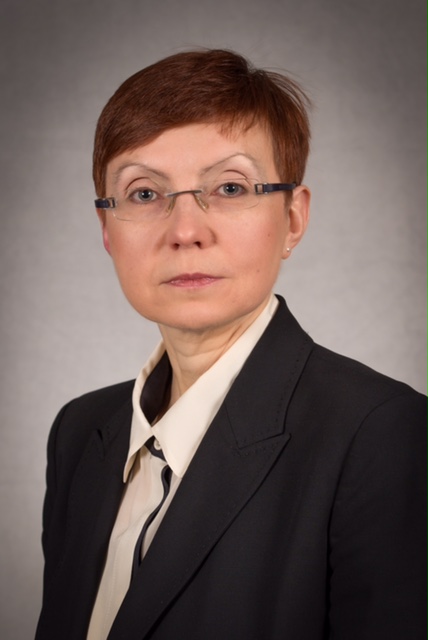 |
Alla Danilkovitch Title: Advancement in Cell and Tissue Preservation for Commercial Success BIOGRAPHY: She joined Osiris in 2003. At Osiris Dr. Danilkovitch is responsible for development of Osiris’ product pipeline and lead Research and Development, Medical Affairs and Clinical Operations. She is a researcher with more than 25 years of experience in Academia, US Government and Industry combined. She has a proven record of successful product development from scientific ideas to market launch, which includes the world’s first approved mesenchymal stem cell drug, remestemcel-L (ProchymalTM), for graft-versus-host disease, as well as BIO4TM for bone repair, Cartiform® for cartilage repair, Grafix® for acute and chronic wounds, and StravixTM for soft tissue repair. Her areas of scientific expertise include cellular and molecular biology and immunology, cell biochemistry and signal transduction, assay development and validation, stem cell biology and cellular regenerative medicine product development. She is an active member of several professional societies and a current reviewer for many peer-reviewed journals including Stem Cells, Allergy & Inflammation, Advances in Wound Care and others. Dr. Danilkovitch has an extensive list of awards (13), publications (50) and patent applications (55). She also has extensive mentoring experience with deep understanding of the importance of teaching a new generation of scientists. Prior to joining Osiris, Dr. Danilkovitch conducted research at the National Cancer Institute of National Institutes of Health, the Max Planck Institute of Biochemistry in Munich, Germany, the Etvos Lorand University, Budapest, Hungary, and at Moscow State University, Moscow, Russia. She earned a Ph.D. in Cell Biology and an M.S. in Cellular Immunology and Microbiology from Moscow State University. She also has RN degree in Pediatrics from Moscow Regional School of Nursing, Russia. |
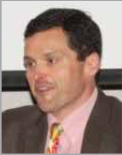 |
Michael Drues
Regulatory Strategy Consultant, Vascular Sciences Title: Conducting Effective FDA Pre-Sub Meetings: Tell Don’t Ask...Lead Don’t Follow! BIOGRAPHY: Michael Drues, Ph.D., is a regulatory strategy consultant specializing in designing novel regulatory strategies to bring new and innovative medical products to market and in developing effective communication strategies between companies and regulatory agencies to minimize time to market and avoid delays. Dr. Drues received his B.S., M.S., and Ph.D. degrees in Biomedical Engineering from Iowa State University. He works with leading medical device, pharmaceutical and biotechnology companies ranging in size from start-ups to Fortune 100 companies. He also works on a regular basis for the U.S. Food and Drug Administration, Health Canada, the US and European Patent Offices, the Centers for Medicare and Medicaid Services and other regulatory and governmental agencies around the world. Dr. Drues is an internationally recognized expert and featured keynote speaker on cutting-edge medical technologies and regulatory affairs. He conducts seminars and short-courses for medical device, pharmaceutical and biotechnology companies, the FDA, Health Canada, the US and European Patent Offices, CMS and other regulatory and governmental agencies around the world. Finally, Dr. Drues is an Adjunct Professor of Regulatory Affairs, Medicine and Biomedical Engineering at several universities and medical schools. He regularly teaches graduate courses in Regulatory Affairs and Clinical Trials, Clinical Trial Design, Medical Device Regulatory Affairs and Product Development, Combination Products and Pathophysiology. |
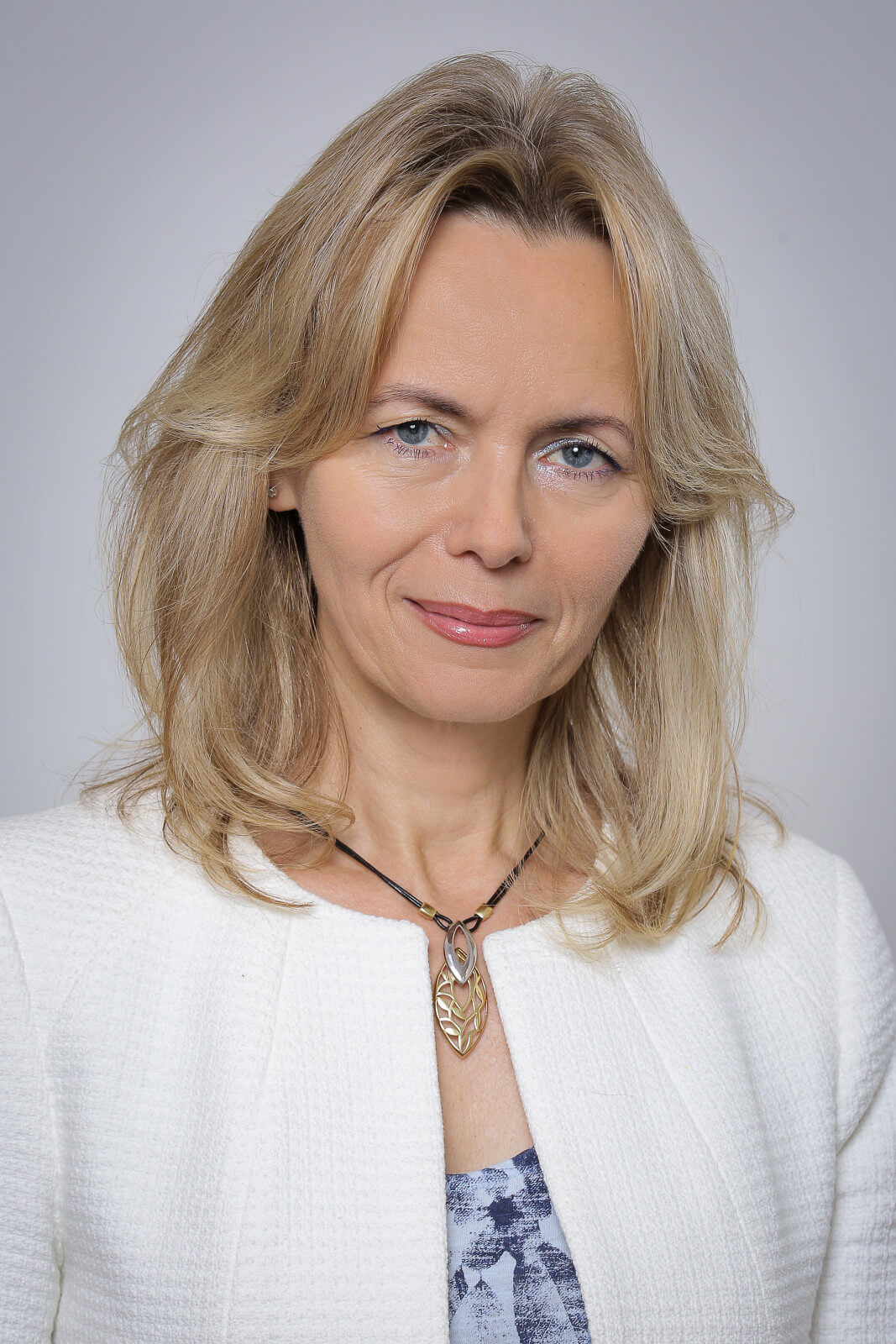 |
Mirosława El Fray
Head of the Division of Biomaterials and Microbiological Technologies, the West Pomeranian Centre of Advanced Technologies, and the Polymer Institute Title: Electro-spun Coiled Fibers From Elastomeric Copolymer Mimicking Heart Muscle Structure BIOGRAPHY: Miroslawa El Fray is the head of the Division of Biomaterials and Microbiological Technologies, the West Pomeranian Centre of Advanced Technologies, and the Polymer Institute. She received her PhD (1996) from the Szczecin University of Technology. She was a post-doc at the Technical University Hamburg- Harburg,and scientific researcher at the University Bayreuth, Germany (2000-2003). She received her DSc at the Warsaw University of Technology in 2004. She received the Royal Society fellowship in 2005 at the Imperial College London, UK. Her scientific background is on the polymer synthesis and characterization, biodegradation and modi cation towards specific biomedical applications (including polymersforarti cialheart, heartpatches, elastomeric and photocurable networks, and nanocomposites). She is an associate professor at the West Pomeranian University of Technology, Szczecin, in the fields of polymer chemistry, nanotechnology, including nanocomposites, and polymeric biomaterials. |
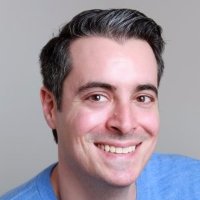 |
Michael Francis Title: Biofabrication of Collagen-Based Biomaterials for Regenerative Medical Device Applications BIOGRAPHY: Dr. Michael Francis, Ph.D., is the CSO at Embody, a biofabrication R&D and advanced manufacturing-based medical device company in Norfolk, VA. A biotechnology professional with a passion and prowess for translational science & regenerative medicine, Dr. Francis has a diverse R&D and leadership experience spanning cardiovascular, orthopedic, spine, craniofacial and sports medicine indications. As a serial inventor, he has led multiple projects from market needs assessment and clinician input, to product ideation, team-science research, preclinical animal studies, through design control and regulatory submission, to platform product production. As faculty at Eastern Virginia Medical School, he lectures regularly and actively mentors students, and teaches in the University of Virginia Biomedical Engineering Capstone course. He is also highly involved in community service to the profession, including serving on numerous academic and non-profit advisory boards and committees, and has founded two lecture series on regenerative medicine. He earned a B.A. in Philosophy and B.S. in Biology concurrently from the University of Akron, and a Ph.D. in Pathology between the University of Virginia and Virginia Commonwealth University. |
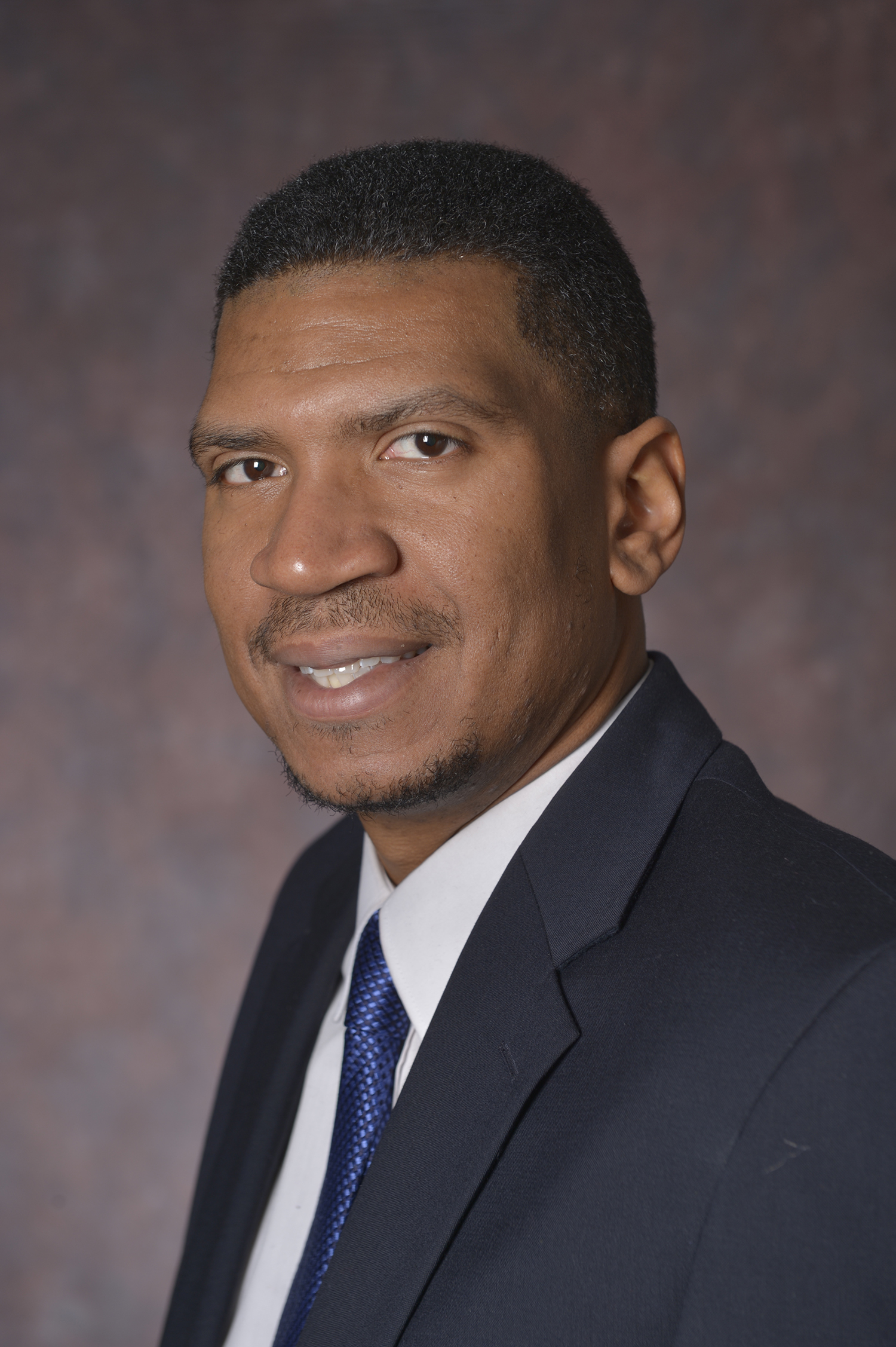 |
Joseph Freeman Title: Functional Scaffolding for Bone Tissue Engineering BIOGRAPHY: Dr. Joseph Freeman is an Associate Professor in the Department of Biomedical Engineering at Rutgers University. He received his bachelor’s degree in Chemical Engineering from Princeton University in 1997, his doctorate in Biomedical Engineering from Rutgers University and the University of Medicine and Dentistry of New Jersey in 2003. Dr. Freeman’s expertise is in the area of musculoskeletal tissue engineering. As the director of the Musculoskeletal Tissue Regeneration (MoTR) Laboratory he develops novel biomaterials and scaffolds for the replacement and regeneration of ligament, tendon, muscle, and bone. Dr. Freeman also has active projects in the areas of cancer research and ligament healing therapies. He is an Editorial Board member of Physical Review Applied and Regenerative Engineering and Translational Medicine. Dr. Freeman has co-authored over 50 articles in peer reviewed journals and has been a guest editor for Materials Science and Engineering: Part-C and Nano Life. He is a past recipient of the Coulter Foundation Early Career Translational Research Award, a Ford Foundation Fellow, a Rutgers Chancellor’s Scholar, and Visiting Associate Professor at the African University of Science and Technology (AUST) in Abuja, Nigeria. |
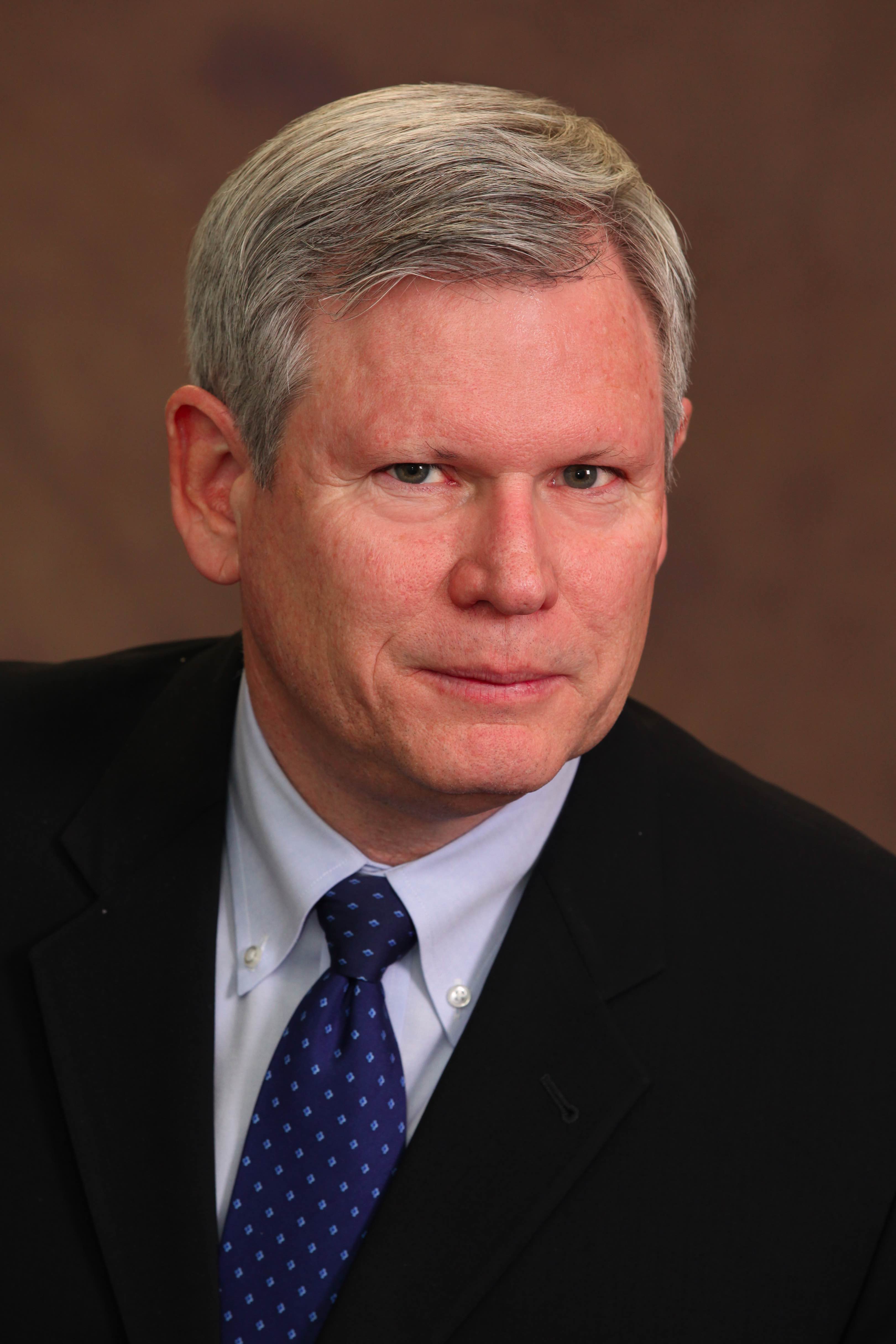 |
Glenn J. Gormley Title: A PHARMA Perspective on the Opportunities and Challenges of Regernerative Medicine BIOGRAPHY: Dr. Glenn Gormley is Senior Executive Officer and the Global Head of Research & Development at Daiichi Sankyo Co., Ltd. He also holds the position of Chairman of the Board and President of Daiichi Sankyo, Inc. As head of global R&D, he chairs the Executive Management decision body for R&D and oversees the R&D organization in the four regions: Americas, Europe, Japan and Asia. In his role as Chairman and President he has administrative responsibility for the US Subsidiary, Daiichi Sankyo Inc. Dr. Gormley was formerly Chief Executive Officer of GeminX Pharmaceuticals, a North American oncology company. Prior to GeminX, he held the position of Global Head of Clinical Development and Medical Affairs at Novartis. Before joining Novartis, he served as Chief Medical Officer for AstraZeneca, where he continued his academic appointment as a member of the Clinical Faculty at New York University and served as a Trustee of the University of Delaware. Early in his career, Dr. Gormley held the position of VP of US Clinical Development at Merck. Dr. Gormley volunteers on a number of boards and committees including the PhRMA Board of Directors, the PhRMA FDA and Biomedical Committee, the PhRMA Biomedical Advisory Council and the Board of Directors of the Biotechnology Industry Organization (BIO). Dr. Gormley received his M.D. and Ph.D. in Chemistry from the University of Chicago and received board certifications in Pediatrics from UCLA and Endocrinology from New York University. He completed his post doc fellowship in oncology from the Ben May Institute in Chicago and has been the recipient of several Mac Arthur fellowships. He has remained committed to the fields of clinical pharmacology and endocrinology and published many papers of original research. |
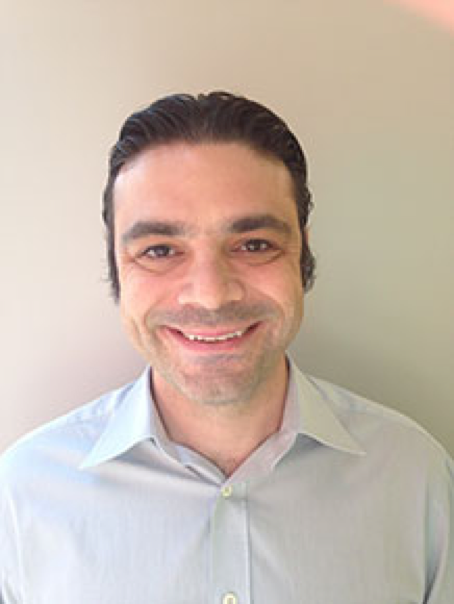 |
Murat Guvendiren Title: Additive Manufacturing in Medicine: Emerging Opportunities and Challenges BIOGRAPHY: Murat Guvendiren, PhD, is an Assistant Professor at the Department of Chemical, Biological and Pharmaceutical Engineering with a joint appointment in the Bioengineering Department at New Jersey Institute of Technology (NJIT). Dr. Guvendiren’s research focuses on designing novel polymeric biomaterials for tissue engineering applications and regenerative medicine. In particular, he is interested in spatiotemporal control of hydrogel properties, cell-biomaterial interactions, 3D bioprinting, biofabrication, surface pattering and photopolymerization. Applications of his research include regeneration of bone, cartilage and osteochondral interface as well as engineered in vitro disease models. Prior to NJIT, Dr. Guvendiren was an Assistant Research Professor at Rutgers University, at the New Jersey Center for Biomaterials. He did a postdoc in Bioengineering and Materials Science and Engineering Departments at the University of Pennsylvania. He received his Ph.D. in Materials Science and Engineering at Northwestern University. |
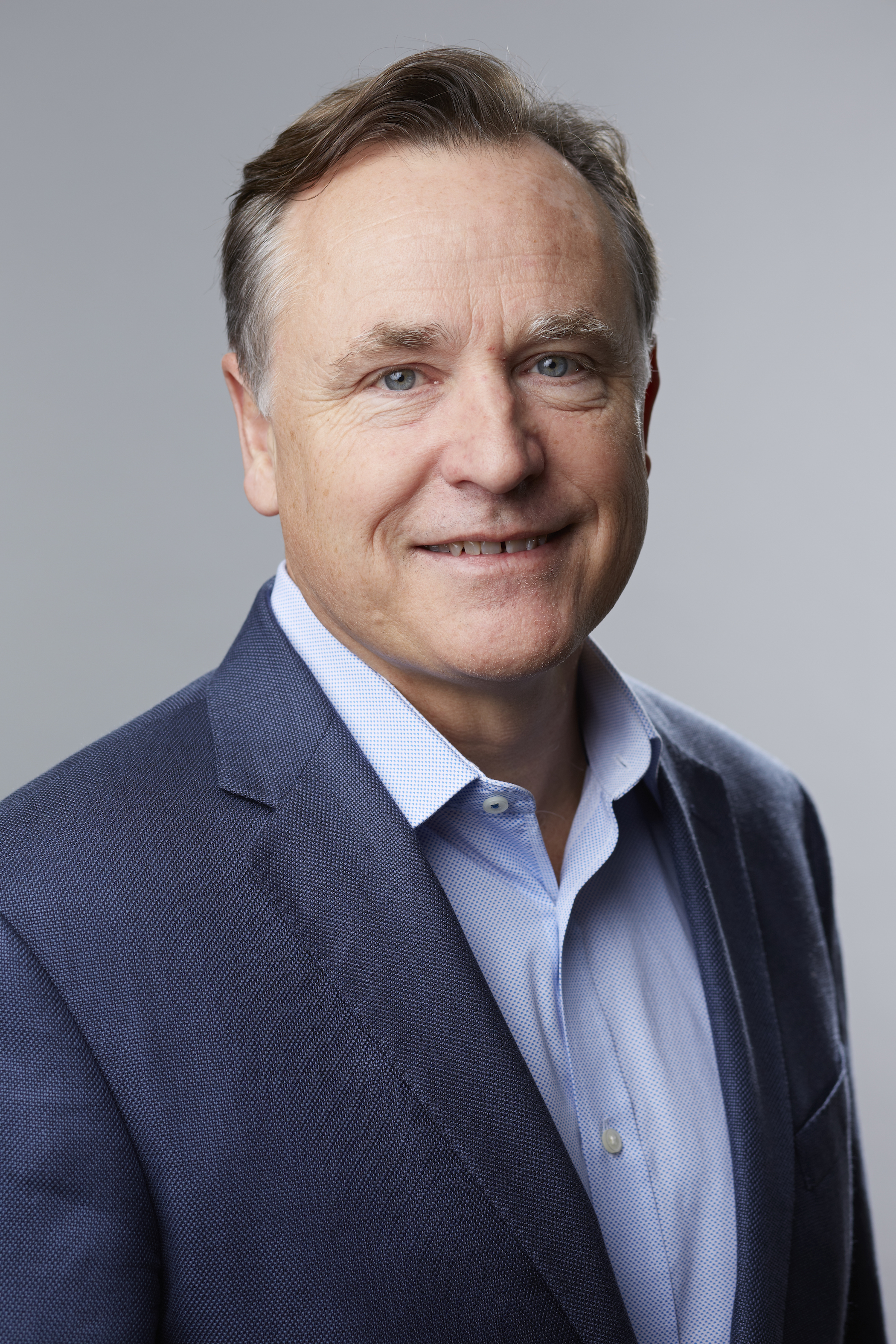 |
Kevin E. Healy Title: Bioinspired Polymer Networks for Stem Cell Expansion and Tissue Manufacturing BIOGRAPHY: Kevin Healy is a Professor in the Departments of Material Science and Engineering, and Bioengineering at the University of California at Berkeley. His research focuses on biomaterials, tissue engineering, and regenerative medicine. Specifically, Dr. Healy focus on the relationship between materials and the cells or tissue they come in contact with. He has done extensive research in regenerative medicine, from drug delivery to stem cell research. He has been a Jan Fandrianto Distinguished Endowed Professor since 2008 and received many other awards and acknowledgements. The Healy Laboratory at UC Berkeley focuses on many research areas, such as stem cells, bioinspired systems for regenerative medicine, and biological interfaces. Prior to his work with the University of California at Berkeley, Dr. Healy was a Professor at Northwestern University in the Department of Biomedical Engineering. Before he became an educator in 1990, Dr. Healy earned his Ph.D in Bioengineering from the University of Pennsylvania. He worked at Northwestern for about 10 years before moving to the University of California at Berkeley in 2000. He has risen from an Associate Professor to the Chair of the Department of Bioengineering and runs his own lab group at the university. |
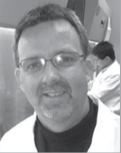 |
Jan Jensen Titile: Mapping and Controlling Fate Spaces: How to Achieve Process Understanding When Directing Cellular Differentiation BIOGRAPHY: Jan Jensen, PhD is CEO/CSO and founder of Trailhead Biosystems, Inc. He is also the Ed. J. Brandon endowed chair of Diabetes Research at the Cleveland Clinic. He has 17 years of academic PI experience in the USA (developmental biology/bioinformatics/stem cell biology), and serves as reviewer for both the NIH and the ADA and multiple international journals. His work broadly covers cell differentiation projects in all germ layers. |
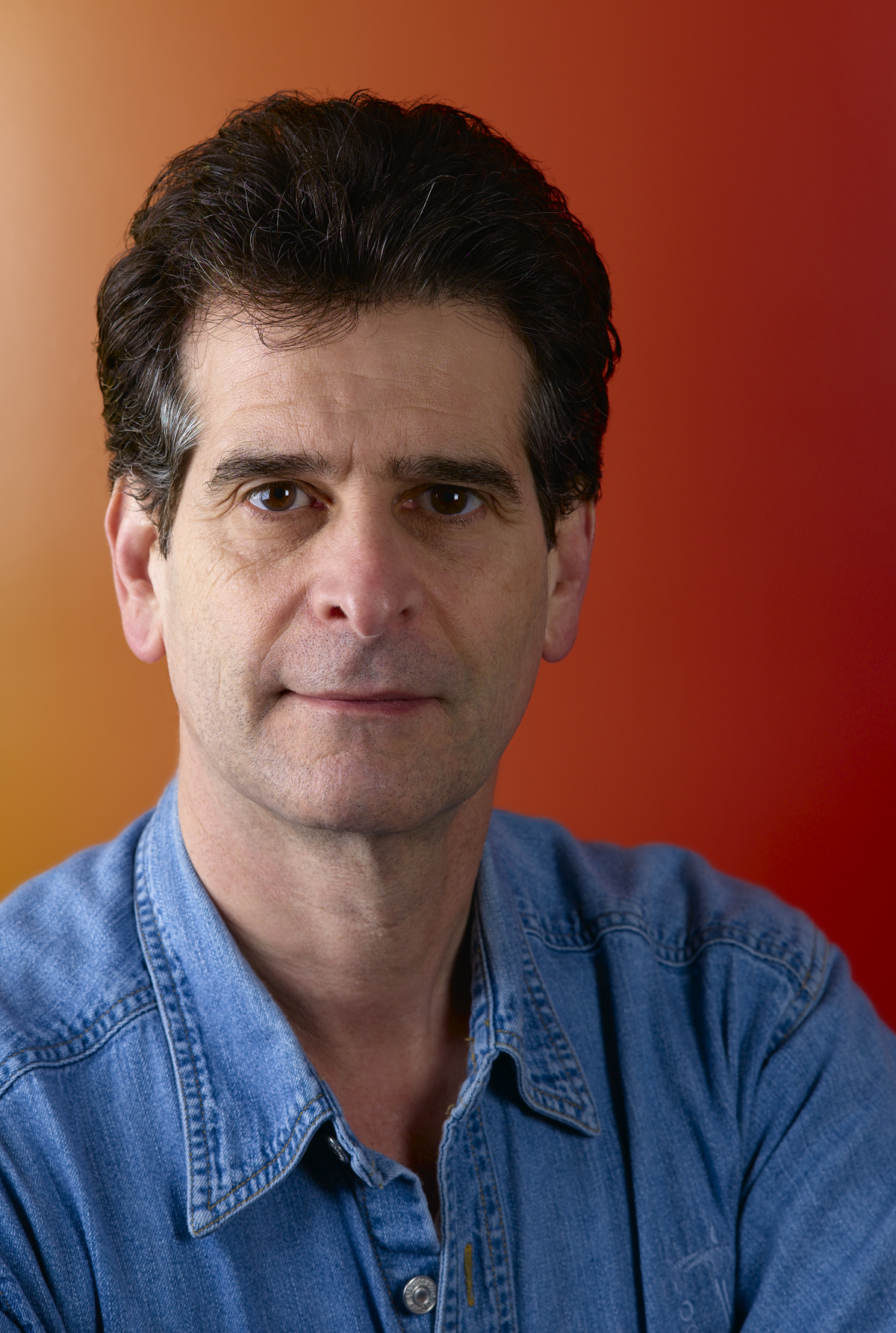 |
Dean Kamen Title: Manufacturing the Future of Biofabrication BIOGRAPHY: Dean Kamen is an inventor, an entrepreneur, and a tireless advocate for science and technology. His roles as inventor and advocate are intertwined—his own passion for technology and its practical uses has driven his personal determination to spread the word about technology’s virtues and by so doing to change the culture of the United States. As an inventor, he holds more than 440 U.S. and foreign patents, many of them for innovative medical devices that have expanded the frontiers of health care worldwide. While still a college undergraduate, he invented the first wearable infusion pump, which rapidly gained acceptance from such diverse medical specialties as oncology, neonatology, and endocrinology. In 1976, he founded his first medical device company, AutoSyringe, Inc., to manufacture and market the pumps. Then, working with leading diabetes researchers, Dean pioneered the design and adoption of the first portable insulin pump. It was quickly demonstrated that using a pump could much more effectively control patients’ blood glucose levels. . At age 30, he sold AutoSyringe to Baxter Healthcare Corporation. Following the sale of AutoSyringe, Inc., he founded DEKA Research & Development Corporation to develop internally generated inventions as well as to provide research and development for major corporate clients. Kamen led DEKA’s development of the HomeChoiceTM peritoneal dialysis system for Baxter International Inc. In addition to DEKA, one of Dean’s proudest accomplishments is founding FIRST® (For Inspiration and Recognition of Science and Technology), an organization dedicated to motivating the next generation to understand, use and enjoy science and technology. Founded in 1989, this year FIRST® will serve more than 400,000 young people, ages 6 to 18, in more than 86 countries around the globe. Last year, high-school-aged participants were eligible to apply for more than $50 million in scholarships from over 200 leading colleges, universities, and corporations. |
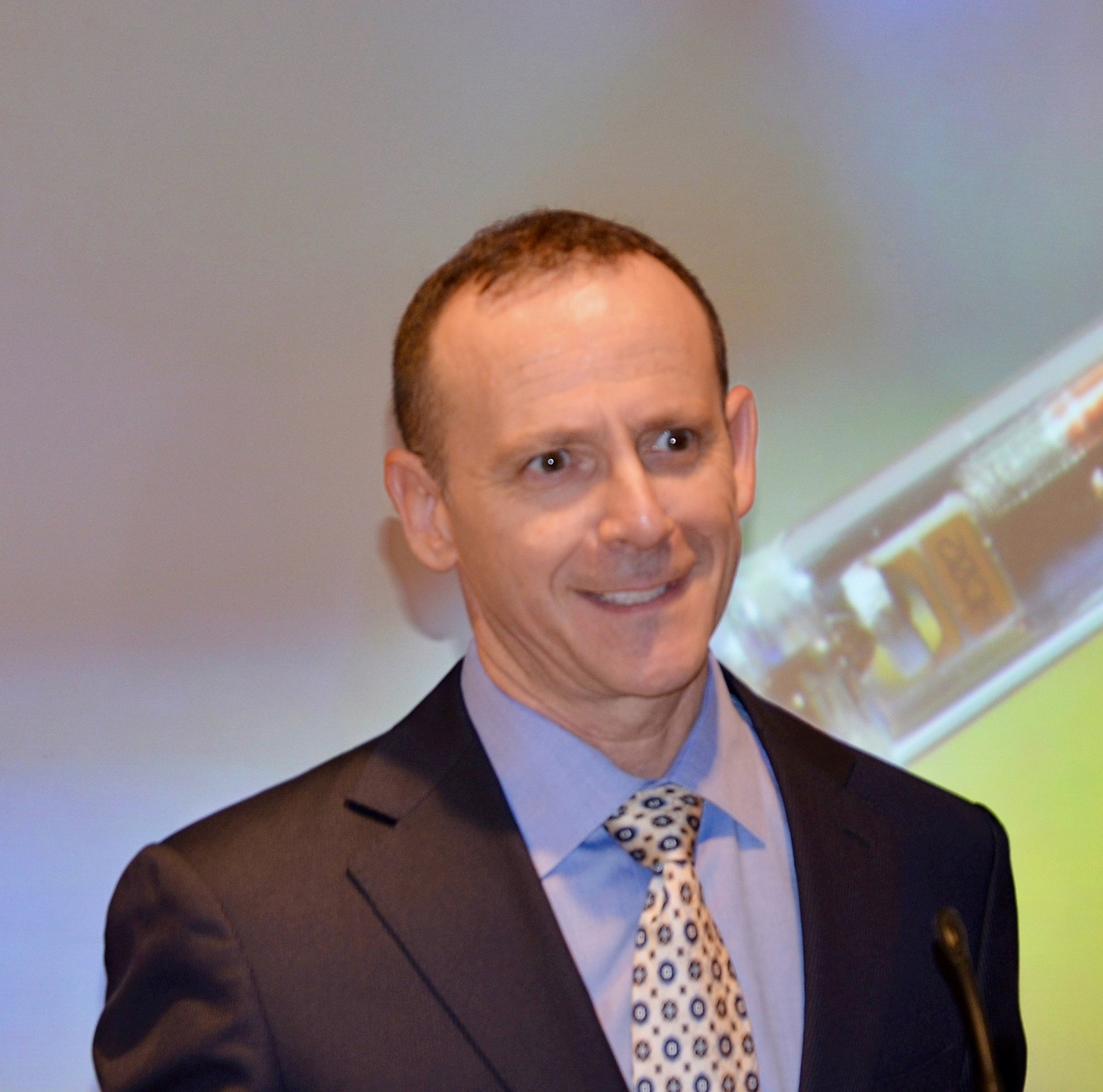 |
Hilton M. Kaplan
Associate Director, NJ Center for Biomaterials; Research Associate Professor, Rutgers University Title: Tissue Engineering Applications for Autologous Human Neurovascular Bundles Engineered from Xenogeneic Ones BIOGRAPHY: Dr. Kaplan is a trained Plastic Surgeon and PhD Biomedical Engineer. He is currently Associate Director of Rutgers’ NJ Center for Biomaterials with Director Joachim Kohn. In addition to his clinical and academic research experience, he is an entrepreneur and former Sr. Director and Vice President at major life sciences companies (Allergan & LifeCell/KCI). Dr. Kaplan is a Plastic, Reconstructive and Maxillofacial Surgeon, and a Biomedical Engineer. His research focuses on neurosciences (neural prosthetics and implantable manmachine interfaces), and tissue engineering (decellularized composite tissues for limb and face allotransplantation). Dr. Kaplan is Associate Director of the NJ Center for Biomaterials and a Research Associate Professor, both at Rutgers University; and an Adjunct Professor in Regulatory Science at the University of Southern California. Dr. Kaplan has held various clinical and research positions in industry, including Senior Medical Director at Allergan (Fortune 500 healthcare) and Vice President of Clinical Sciences at LifeCell (pioneered decellularized dermis). He has a long history of passionately advocating for burn prevention and reconstruction (as a burn surgeon, a founding board member of the non-profit Grossman Burn Foundation, and the adoptive father of a spirited burn survivor), and for craniofacial reconstruction (as a founding director of the non-profit Look-at-Us Alliance for Craniofacial Differences). |
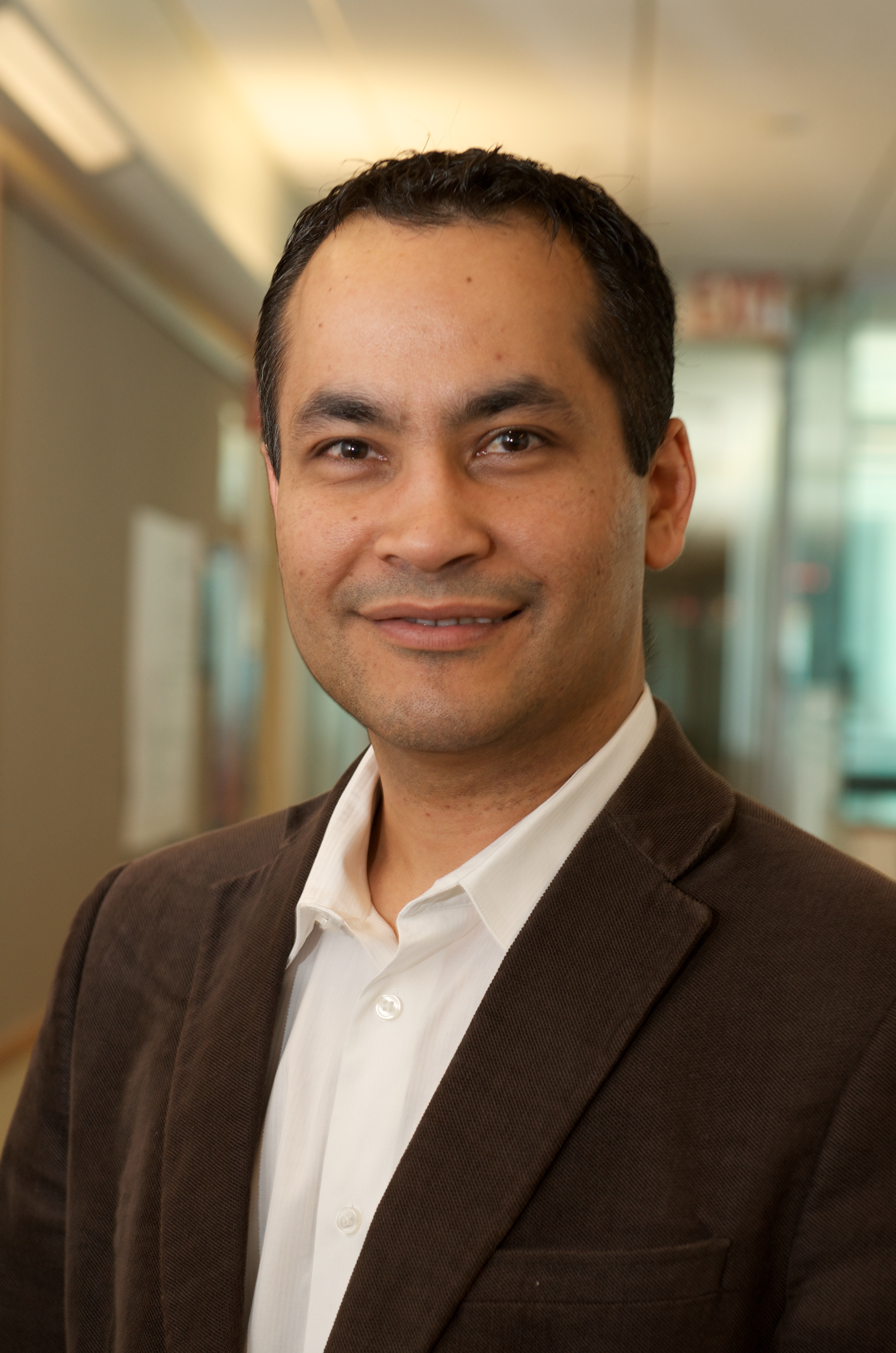 |
Ali Khademhosseini Title: Micro and Nanoengineered Hydrogels for Regenerative Engineering and Biomanufacturing BIOGRAPHY: Ali Khademhosseini is Professor of Medicine at Harvard Medical School and Director of the Biomaterials Innovation Research Center at Brigham and Women’s Hospital. He is also a faculty at the Harvard- MIT Division of Health Sciences and Technology as well as an Associate Faculty at the Wyss Institute for Biologically Inspired Engineering. He is recognized as a leader in combining micro- and nano-engineering approaches with advanced biomaterials for regenerative medicine applications. In particular, his laboratory has pioneered numerous technologies and materials for controlling the architecture and function of engineered vascularized tissues. He has authored ~500 journal papers (H-index > 90, >30,000 citations) and 50 books/chapters. In addition, he has delivered 300+ invited/keynote lectures. Dr. Khademhosseini’s interdisciplinary research has been recognized by over 40 major national and international awards. He is a recipient of the Presidential Early Career Award for Scientists and Engineers, the highest honor given by the US government for early career investigators. In 2011, he received the Pioneers of Miniaturization Prize from the Royal Society of Chemistry (RSC) for his contribution to microscale tissue engineering and microfluidics. In 2016, he received the Sr. Scientist Award of Tissue Engineering and Regenerative Medicine Society -Americas Chapter (TERMIS-AM) and in 2017 he received the Clemson Award of the Society for Biomaterials. He is also a fellow of the American Institute of Medical and Biological Engineering (AIMBE), Biomedical Engineering Society (BMES), Royal Society of Chemistry (RSC), Fellow of the Biomaterials Sciences and Engineering (FBSE) and American Association for the Advancement of Science (AAAS). Currently he serves on the editorial board of numerous leading journals as well as an Associate Editor for ACS Nano (IF: 13.3) and a member of NIH BTSS study section. He received his Ph.D. in bioengineering from MIT (2005), and MASc (2001) and BASc (1999) degrees from University of Toronto both in chemical engineering. |
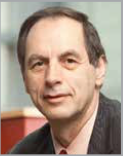 |
Joachim Kohn, Ph.D. FBSE Title: Bioactive Materials for the Treatment of Major Injuries: Opportunities and Challenges BIOGRAPHY: Joachim Kohn is a leader in biomaterials science and widely known for the development of tyrosine-derived, resorbable polymers, one of which is now used in an FDA-approved medical device. Kohn’s current research efforts focus on the development of a new “discovery paradigm” for revolutionary biomaterials using combinatorial and computational methods to optimize the composition and properties of biomaterials for specific applications, particularly tissue engineering and drug delivery. As a first demonstration of the utility of this approach, Kohn led a team of scientists who discovered an optimized polymer for use in a fully degradable cardiovascular stent which has been tested in clinical trials in Germany and Brazil. Additional clinical trials are planned. Kohn’s combinatorial biomaterials design approach was also used for the development of optimized polymers by Lux Biosciences (ophthalmic applications) and by Trident Biomedical (orthopedic applications). |
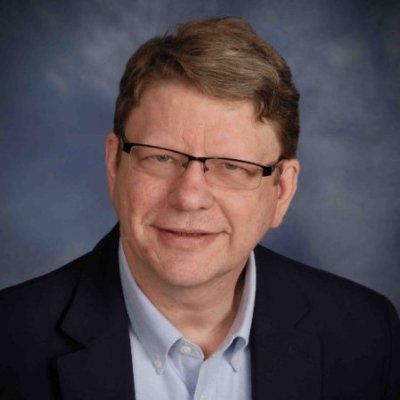 |
Richard McFarland Title: The Quest for Coordinated Federal Policy and Practice for Tissue Engineering and Regenerative Medicine: The Multi-decade Odyssey of MATES BIOGRAPHY: Richard McFarland, PhD, MD is the Chief Regulatory Officer of ARMI, the Advanced Regenerative Manufacturing Institute, an institute within the Manufacturing USA network. The institute’s goals include creating an industrial commons with the aims to coalesce the field and provide a route for nascent product concepts in TE/RM to reach the marketplace. Prior to ARMI, Dr. McFarland was Associate Director for Policy of the Office of Tissues and Advanced Therapies at the Food and Drug Administration’s Center for Biologics Evaluation and Research (FDA/CBER). He served at the FDA in various positions, and was heavily involved in policy development for tissue engineering, regenerative medicine, and alternatives to animal use in regulatory decision making. In addition to development of risk-based regulatory oversight paradigms within FDA, his interests included broader efforts to create an interlocking network of interagency efforts to foster growth of basic and translational science to support maturation of the overlapping fields of tissue engineering and regenerative medicine from primarily discovery science toward a stage of commercial development. Dr. McFarland, Ph.D., M. D. received his B.S., Ph.D., and M.D. from the University of North Carolina at Chapel Hill, and completed his anatomic/ clinical pathology residency and immunopathology fellowship training at UT Southwestern in Dallas. Immediately prior to joining the FDA, he was on the faculty of the Pathology Department of the University of Texas Southwestern in Dallas. In addition to FDA policy documents he has co-authored over 25 articles in peer-reviewed articles journals including Nature, the Proceedings of the National Academy of Science (PNAS), and Blood. |
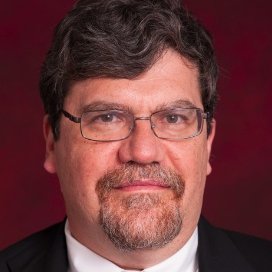 |
Fernando Muzzio Title: Continuous Drug Product Manufacturing – Report from the Front Line BIOGRAPHY: Fernando Muzzio is a Distinguished Professor of Chemical Engineering at Rutgers University. For the last 25 years, pharmaceutical product and process design has been Professor Muzzio’s main research Professor Fernando Muzzio is also the director of the National Science Foundation Engineering Research Center on Structured Organic Particulate Systems. The center, which has a total budget in excess of $8 million per year, focuses on pharmaceutical product and process design, with special emphasis on continuous manufacturing, particle engineering, and personalized medicine. FDA and 45 companies are currently members of the center. |
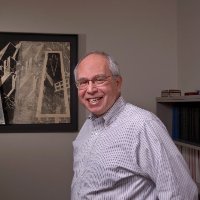 |
Allan S. Myerson Title: Continuous Manufacture of Active Pharmaceutical Ingredients: Current Status, Future Prospects BIOGRAPHY: Allan S. Myerson is Professor of the Practice of Chemical Engineering in the Department of Chemical Engineering at the Massachusetts Institute of Technology. Professor Myerson was educated at Columbia University (BS) the University of Virginia (MS and PhD). Professor Myerson’s research focuses on separations processes in the chemical and pharmaceutical industry with an emphasis on crystallization from solution, nucleation, polymorphism and pharmaceutical manufacturing. He is a principal investigator in the Novartis-MIT Center for Continuous Manufacturing and the DARPA sponsored program “Pharmacy on Demand”. He also serves as an associate editor of “Crystal Growth and Design” a journal published by the American Chemical Society. He has published 5 books including the “Handbook of Industrial Crystallization” 245 papers and is the inventor on 44 US patents. Professor Myerson has consulted for approximately 100 companies worldwide. Professor Myerson has received a number of award including the American Chemical Society Award in Separations Science and Technology (2008), the AIChE Separations Division Clarence G. Gerhold Award (2015) and the AICHE Process Development Division Excellence in Process Development Research Award (2015). |
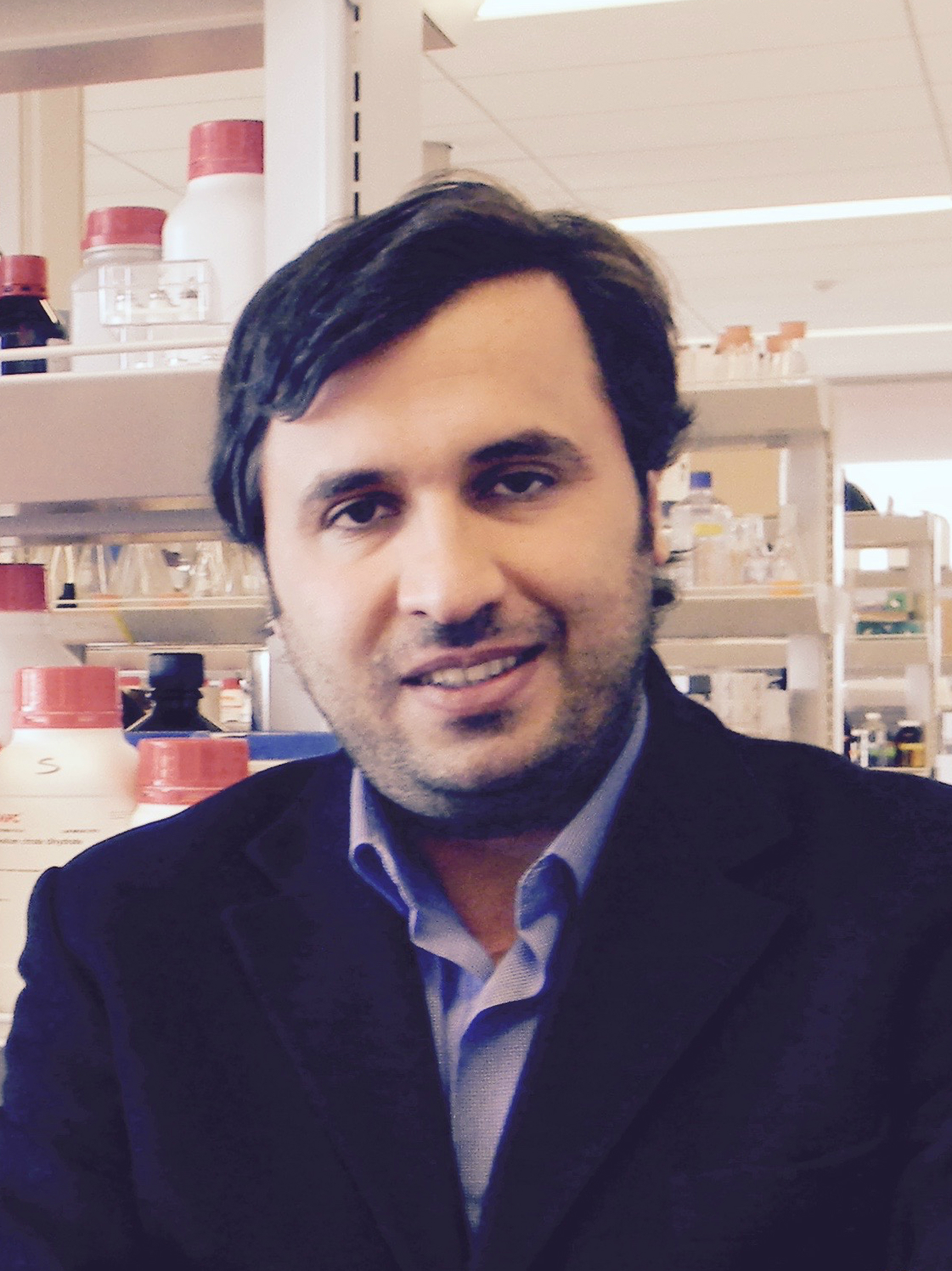 |
Ibrahim Ozbolat Title: 3D Bioprinting of Living Tissues BIOGRAPHY: Ibrahim Ozbolat is an Associate Professor of Engineering Science and Mechanics, Biomedical Engineering, and a member of the Huck Institutes of the Life Sciences at the Pennsylvania State University. Previously, he was a faculty member of The University of Iowa, Iowa City, IA and spearheaded the Advanced Manufacturing Technology Group and the Biomanufacturing Laboratory. He received his dual B.S. degrees in Mechanical Engineering and Industrial Engineering from Middle East Technical University, Ankara, Turkey and Ph.D. in tissue engineering from the University at Buffalo (SUNY) in Buffalo, New York. Dr. Ozbolat’s major research thrust is in the area of Bioprinting and Tissue Engineering. |
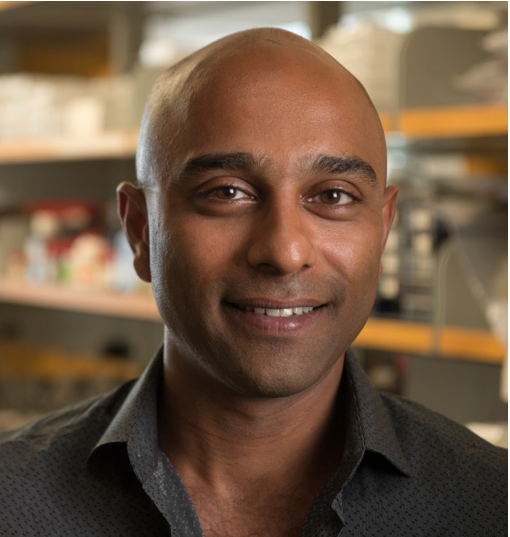 |
Biju Parekkadan Title: Cell Therapy Meets Drug Delivery BIOGRAPHY: Dr. Parekkadan is an Associate Professor of Biomedical Engineering with a laboratory that specializes in cell, gene, and tissue engineering. He also has experience in developing biotech products as the scientific founder of Sentien, a clinical stage pioneer of ex vivo cell therapeutics, as well as advising several companies. Dr. Parekkadan received his doctoral degree in Chemical and Medical Engineering from the Harvard- MIT Division of Health Sciences and Technology, where he also completed all medical degree studies. His efforts have been recognized through notable awards including being named Young Mentor of the Year by Harvard Medical School and a Presidential Early Career Scientist from the Office of the White House, the highest honor of an early stage investigator. |
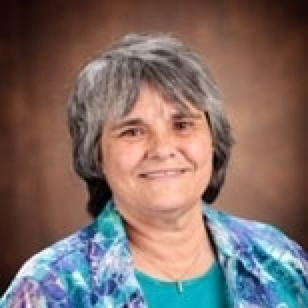 |
Jo-Anna Reems
Professor in the Department of Medicine, Scientific Director of the Cell Therapy & Regenerative Medicine Program at the University Of Utah School Of Medicine Title: HCT/Ps from the Bench-to-the-Bedside: Overcoming the “Valley of Death” BIOGRAPHY: Jo-Anna Reems, Ph.D. is a Professor (Research) in the Department of Medicine and Scientific Director of the Cell Therapy & Regenerative Medicine (CTRM) Program at the University Of Utah School Of Medicine. Dr. Reems earned her Ph.D. in Biochemistry at the University of Colorado Health Sciences Center and completed her Research Fellowship at Fred Hutchinson Cancer Research Center in Seattle, Washington. Her post-doctoral training at the Fred Hutchinson Cancer Research Center focused on understanding the regulatory mechanisms involved in the growth and development of hematopoietic stem and progenitor cells with an emphasis on the fascinating process of megakaryocytopoiesis. She has extensive experience in using in vitro techniques to isolate somatic cells (e.g. pancreatic islets, CD34+ cells, T-regs), expanding and engineering stem/progenitors cells and using small animal models to evaluate novel cellular therapeutics. She is an expert in Good Manufacturing Practices (GMP) and is knowledgeable in FDA regulatory guidelines overseeing the isolation, manufacturing, storage, transportation, and release of HCT/Ps for clinical applications. She has over 20 years of experience directing GMP facilities and has successfully managed IND submissions for multiple cellular therapy products (i.e. hematopoietic stem/progenitors, MSCs, T-regulatory cells and pancreatic islets). She participates on national and international committees that focus on process development, optimization strategies and the development of potency assays as predictors of the in vivo efficacy of HCT/P products for therapeutic applications. Her vision is to create a premier Cell Therapy and Regenerative Medicine Center of Excellence at the University of Utah that facilitates the translation of cutting-edge cellular and tissue engineered therapies that extend and improve the quality of life of individuals suffering from debilitating diseases and injuries. |
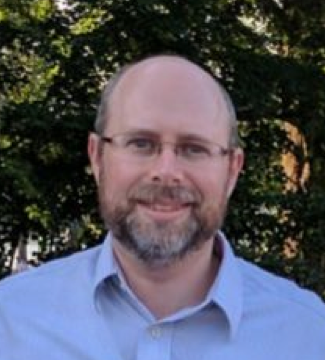 |
Aron Rosenberg
Program Director for Histogenics Title: Biomanufacturing from an Autologous Tissue Engineering Perspective BIOGRAPHY: Aron Rosenberg obtained his graduate degree in Material Science and Engineering from the Massachusetts Institute of Technology under Michael Cima and Robert Langer and an MBA from Boston University. He has worked in the regenerative medicine industry for the past 18 years focusing on Product Development, Tech Transfer and Process Validation of novel products for tissue repair. Aron is currently Program Director at Histogenics responsible for Process Control Strategies, Tech Transfer and Process Validation relating to production of an autologous, engineered cartilage product. |
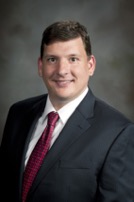 |
Warren C. Ruder Title: Biomaterials Approaches to in situ Manufacturing of Biologics BIOGRAPHY: Dr. Warren Ruder moved his research group to the University of Pittsburgh’s Bioengineering department in January of 2017. Previously, he spent four and half years as an assistant professor in Virginia Tech’s Biological Systems Engineering department, where he led the Engineered Living Systems Laboratory. His expertise is in synthetic biology, cellular and molecular biomechanics, and lab-on-a-chip systems. Dr. Ruder received his Ph.D. in Biomedical Engineering and his M.S. in Mechanical Engineering from Carnegie Mellon University, and his B.S. in Civil and Environmental Engineering from MIT. From 2003-2005, he was a Health Science Specialist at the Veterans Affairs Boston Healthcare System and Harvard Medical School. From 2005-2009, Dr. Ruder was an inaugural NIH trainee in the Pitt-CMU Biomechanics in Regenerative Medicine program and a Dowd graduate fellow in the groups of Phil LeDuc and Jim Antaki. From 2010-2012, he was a postdoctoral research associate in the group of Jim Collins at Boston University (now at MIT), and Harvard University’s Wyss Institute for Biologically Inspired Engineering. |
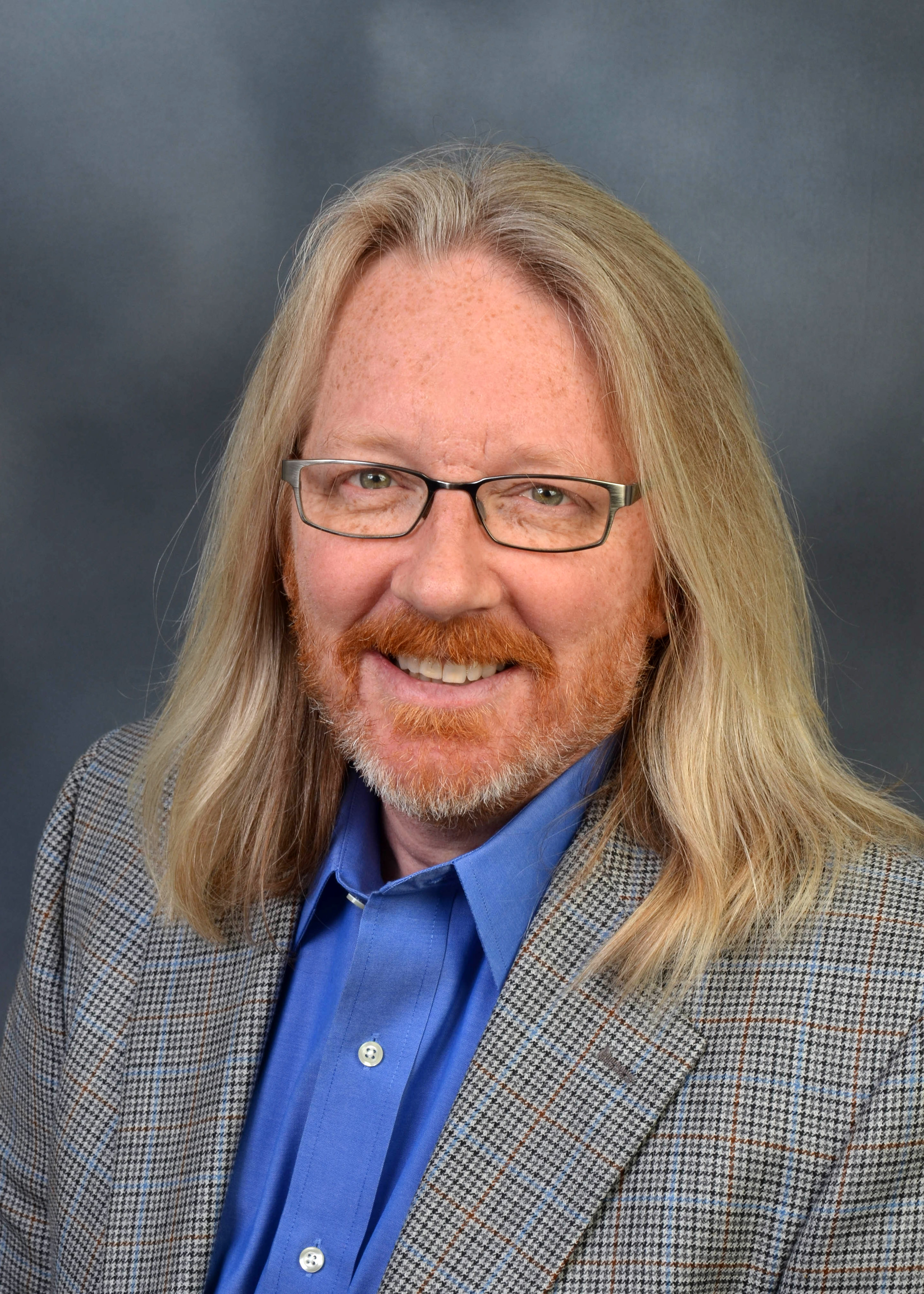 |
W. Mark Saltzman Title: Polymer Nanoparticles for Intracellular and Targeted Delivery of Drugs and Biologics BIOGRAPHY: W. Mark Saltzman is an engineer and educator. Dr. Saltzman’s research in the fields of drug delivery, biomaterials, nanobiotechnology, and tissue engineering is described in over 250 research papers and 15 patents. He is the author of three textbooks: Biomedical Engineering (Second Edition, 2015), Tissue Engineering (2004), and Drug Delivery (2001). The grandson of Iowa farmers, Mark Saltzman earned degrees in chemical engineering (B.S. Iowa State University 1981 and M.S. MIT 1984) and medical engineering (Ph.D. MIT 1987). He served on the faculty at Johns Hopkins (1987-1996), Cornell (1996-2002), where he was the first BP Amoco/H. Laurance Fuller Chair, and Yale, where he has been the Goizueta Foundation Professor since 2002. He was named the founding chair of the Yale’s Department of Biomedical Engineering in 2003, and served in that role until 2015. Dr. Saltzman has been recognized for his excellence in research and teaching. He received the Mines Medal (2014); the Camille and Henry Dreyfus Foundation Teacher-Scholar Award (1990); the Allan C. Davis Medal (1995); the Controlled Release Society Young Investigator Award (1996); the Professional Progress in Engineering Award from Iowa State University (2000); and the Controlled Release Society Founders Award (2017). For his contributions to the field, he has been elected a Fellow of the National Academy of Inventors (2014); Fellow of the American Institute for Medical and Biological Engineering (1997); a Fellow of the Biomedical Engineering Society (2010); a Member of the Connecticut Academy of Science & Engineering (2012); and a Member of the National Academy of Medicine (2014). |
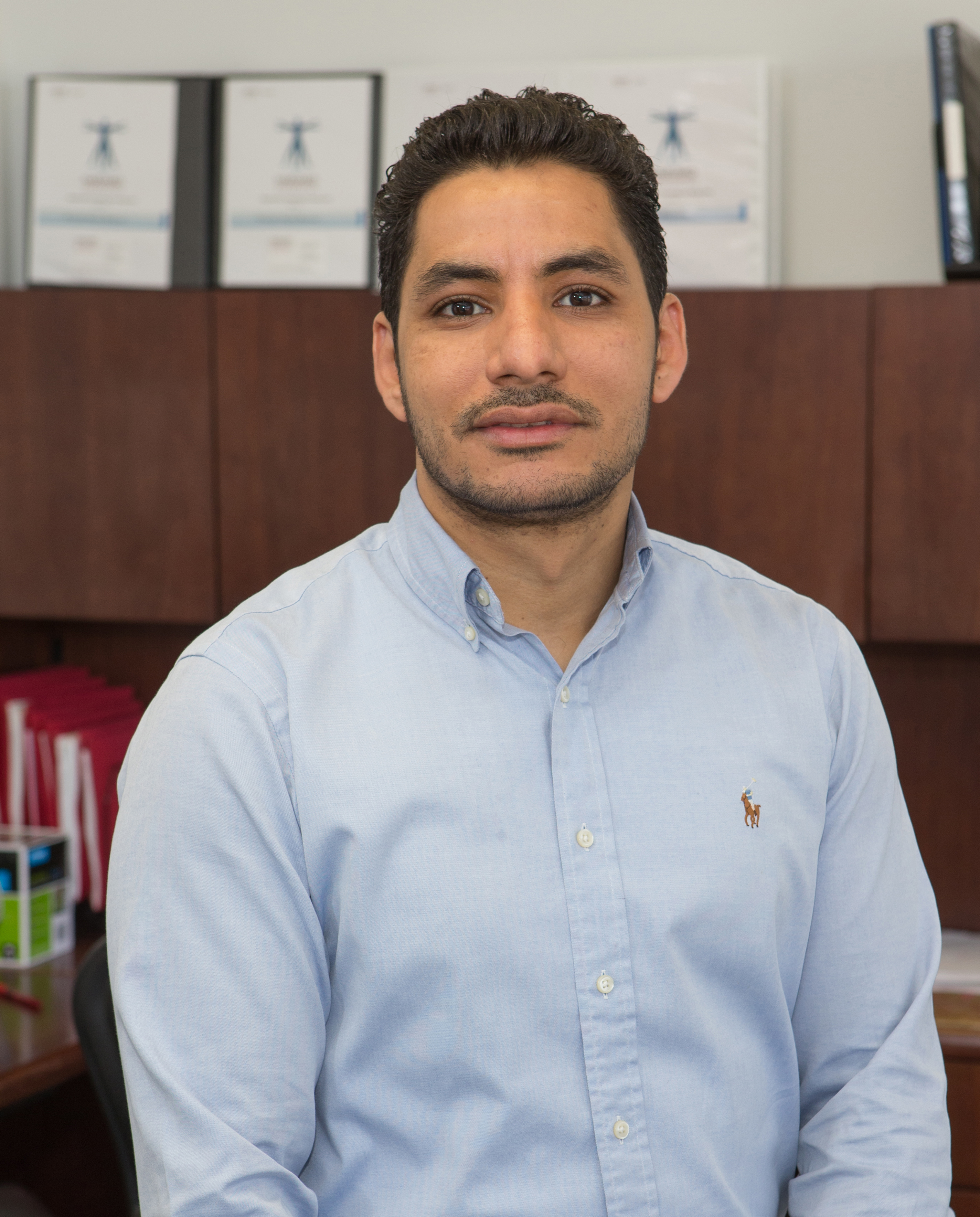 |
Sherif Soliman Title: Esophageal Regeneration with a Cell-Seeded Tissue Engineered Scaffold BIOGRAPHY: Sherif Soliman is a former NIH funded T32 postdoctoral fellow at the New Jersey Center for Biomaterials (NJCBM) who has broad research experience in biomaterials applications. He is interested in the translation of tissue engineering from bench to bedside and is currently the head of the biomaterials research group at Biostage Inc., a biotechnology company pioneering the development of bioengineered organ implants. Their products have the potential to radically improve the treatment paradigm for patients suffering from life-threatening conditions of the esophagus, bronchus and trachea. |
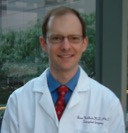 |
Jason A. Wertheim Title: Bioengineering Materials to Tip the Balance Toward Maturation and Function of Stem Cell-Derived Tissues BIOGRAPHY: Dr. Jason Wertheim, MD, PhD is a transplant surgeon and Vice Chair for Research, Department of Surgery, and the Edward G. Elcock Professor of Surgical Research at Northwestern University’s Feinberg School of Medicine. He is a physician- scientist with an NIH-funded laboratory studying the function of stem and progenitor cells within 3D biomaterials and scaffolds. As a practicing transplant surgeon with a Ph.D. in biomedical engineering, he conducts research at the intersection of stem cell biology, tissue bioengineering and regenerative medicine. The central goal of his laboratory is to identify essential mechanisms influencing stem cell differentiation using biomaterials to model tissue development and drive maturation. The ultimate goal is to discover new methods to repair, regenerate or replace damaged organs, such as the liver and kidney, with engineered composite tissues. Dr. Wertheim’s research incorporates bionanotechnology to modify and further functionalize extracellular matrix materials. Dr. Wertheim received the 2016 Vanguard Prize from the American Society of Transplant Surgeons. He serves as the co-Chair for the Tissue Engineering and Biomaterials Section of the Alliance for Regenerative Medicine and the co-Chair the Tissue Engineering Committee within the Standards Coordinating Body. He currently services as Chair of the Respiratory Urologic and Gastrointestinal Thematic Interest Working Group, Tissue Engineering and Regenerative Medicine International Society, Americas (TERMIS-AM). |
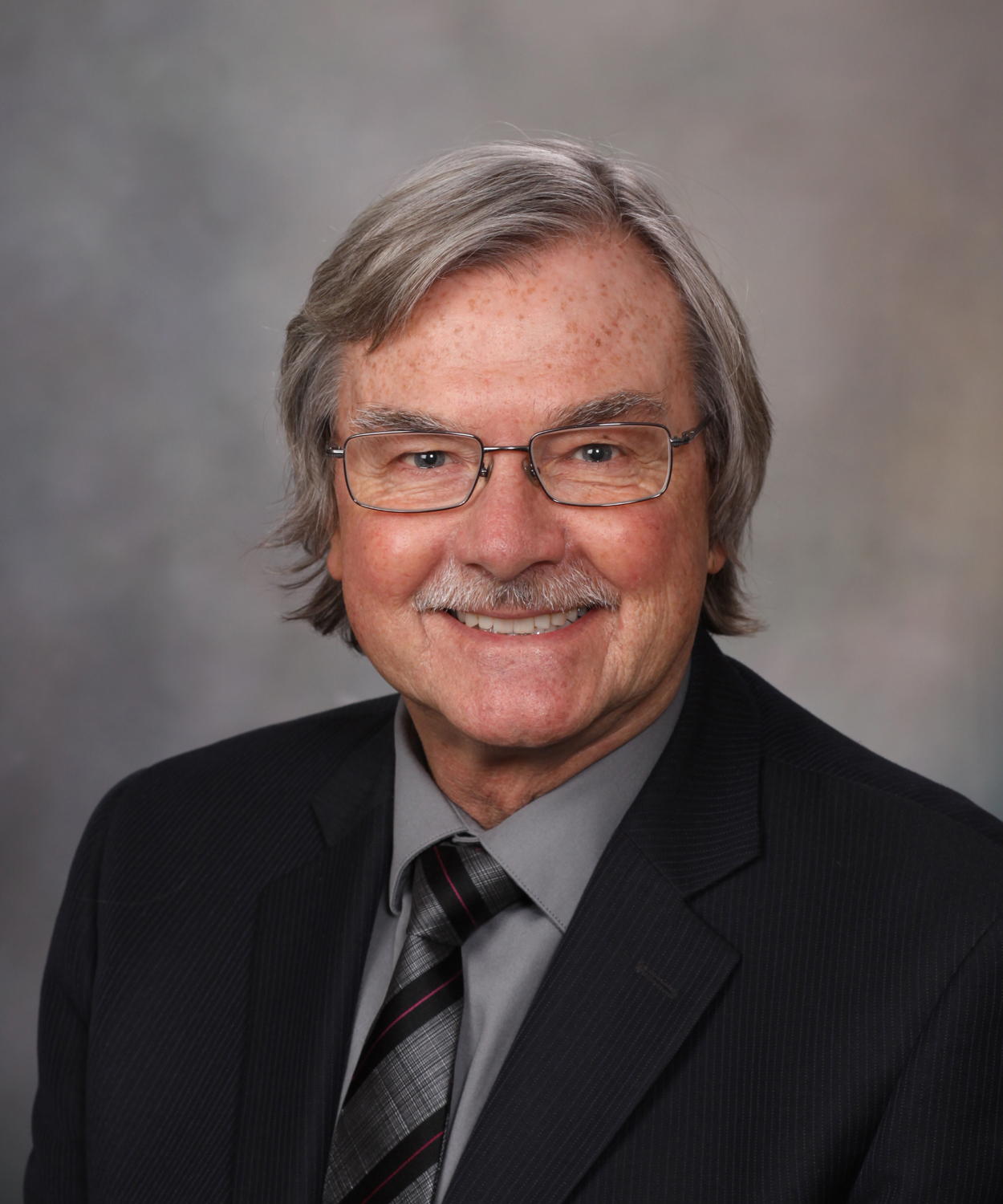 |
Anthony J. Windebank Title: Tissue Engineering to Restore Function in the Nervous System BIOGRAPHY: Dr. Windebank received his B.A. and M.A. degrees in Biochemistry and M.D. degree from Oxford University in England followed by post-doctoral training at Oxford University, Mayo Clinic College of Medicine development and leadership of the Center for Clinical and Translational Sciences at Mayo Clinic and the Center for Regenerative Medicine. Dr. Windebank is a neurologist who specializes in the diagnosis and treatment of patients with diseases of the peripheral nervous system and spinal cord. Since 1980 he has been involved in the design or conduct of more than 50 clinical trials and clinical studies. Dr. Windebank is the Past-President of the Peripheral Nerve Society, a fellow of the American Academy of Neurology and the Royal College of Physicians, a member of the Society for Neuroscience and American Neurological Association; and has served on a number of other Boards and Associations. Additionally, Dr. Windebank is a Scientific Reviewer and editorial board member for numerous Journals. Dr. Windebank has served on NIH Study Sections and the Scientific Review Panels for a number of foundations. He has been recognized by a number of national and international awards that include the ETS Walton Fellowship of the Science Foundation of Ireland and a Doctorate (Honoris Causa) from Paracelsus Medical University in Salzburg. Dr. Windebank’s lab research includes repair and regeneration after peripheral nerve or spinal cord injury, treatment of amyotrophic lateral sclerosis and the mechanism of neuronal cell death caused by chemotherapeutic agents. The laboratory coordinates the research activities of a multidisciplinary team with members from the Departments of Neuroscience, Biochemistry and Molecular Biology, Biomedical Engineering, Physiology, Neurology, Neurosurgery, Physical Medicine, Orthopedics and the Comprehensive Cancer Center. Dr. Windebank has published more than 400 scholarly articles or abstracts including more than 220 full-length publications in peer-reviewed journals. |
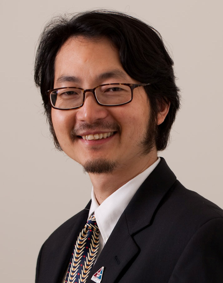 |
Yunzhi Peter Yang Title: What Have We Learned From Bone? Bio-Inspired Approaches for Accelerated Bone Regeneration BIOGRAPHY: Yunzhi “Peter” Yang, Ph.D., Associate Professor with tenure of Departments of Orthopedic Surgery, (by courtesy) Materials Science and Engineering, and Bioengineering at Stanford University. He earned a doctorate in biomedical engineering in 1997, M.E. in 1995 and B.S. in 1992 in inorganic materials from Sichuan University in Chengdu, China. Then he has completed two postdoctoral fellowships, first in China in 1999, then at the University of Texas Dental School in San Antonio in 2003. Most recently, he was an Assistant Professor at the University of Texas Health Science Center at Houston, and adjunct Assistant Professor of at Rice University and The University of Texas at Austin. Before that, he was an Assistant Professor in the University of Tennessee’s School of Biomedical Engineering and Imaging, and adjunct Assistant Professor at the University of Memphis. Yang’s research interests are in the areas of bio-inspired biomaterials, medical devices, and approaches for re-creating a suitable microenvironment for cell growth and tissue regeneration, including enabling technology for musculoskeletal tissue regeneration, nanotechnology for implant devices, and novel biomaterials for cancer treatment. He has pioneered on functionally graded biomaterials for bone and tendon regeneration, and vascularized constructs with biomimetic complexity. One of his recent interests is in the area of 3D bioprinting. He has received numerous research and teaching awards including the March of Dimes Birth Defect Foundation Award, the Wallace H. Coulter Foundation Translational Award, the NIH Star Award, and the NIH Transformative Award finalist. News about his synthetic bone graft research has been featured on more than 35 TV stations, radio stations, and news sites, including the Associated Press, the Boston Globe, the Houston Chronicle, the Austin American-Statesman, and the Fort Worth Star-Telegram. His research program has been funded by US federal government, non-profit foundations, and global industry leaders. Yang’s publications include 100 peer-reviewed journal papers, 11 book chapters, 18 peer-reviewed proceeding papers and 175 conference abstracts. His innovative work generated ten U.S. and international patents, two technology licensing, and one commercial product. He also serves on four prestigious journal editorial boards. |
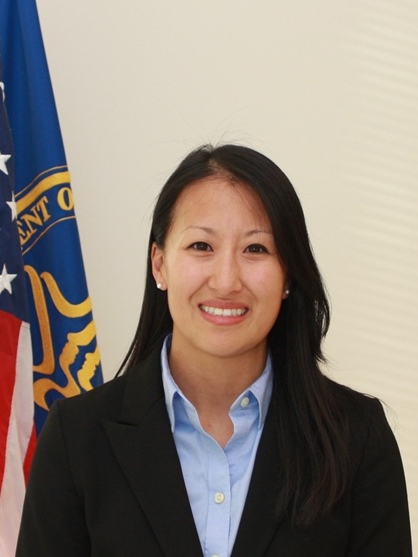 |
Carolyn Yong Title: Regulatory Considerations For Cell-Based Regenerative Medicine Product Development BIOGRAPHY: BSE Biomedical & Chemical Engineering, Johns Hopkins University; MSE Chemical Engineering, Johns Hopkins University; PhD Bioengineering and Biotechnology, École Polytechnique Fédérale de Lausanne, Switzerland; at the FDA since 2012. |